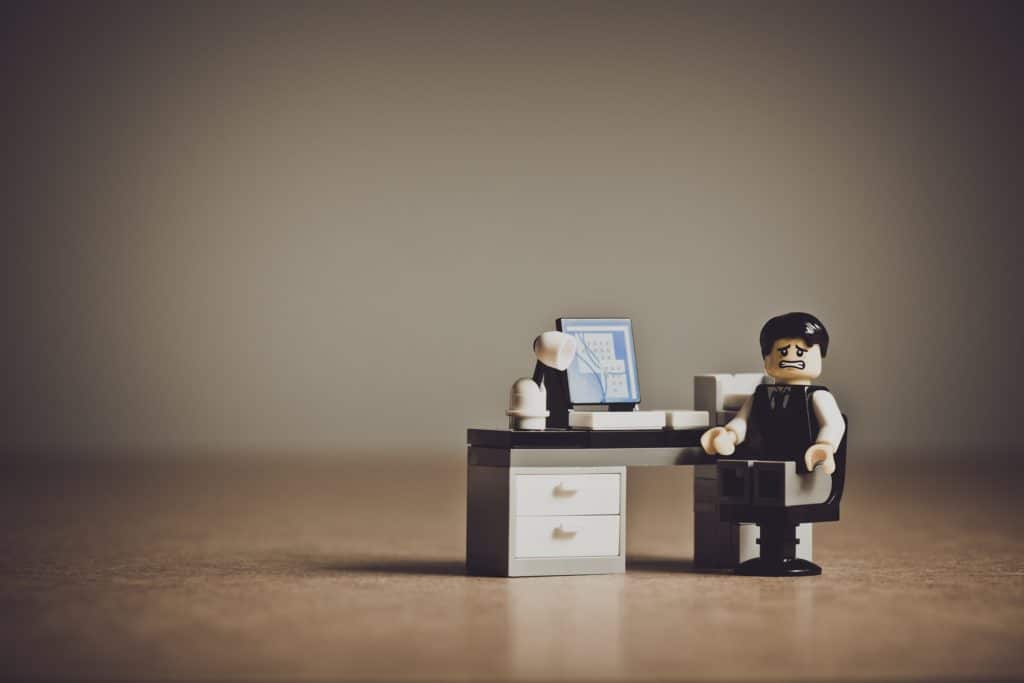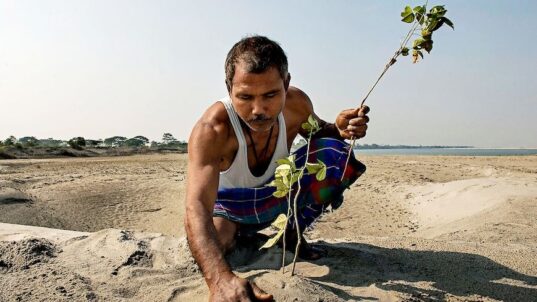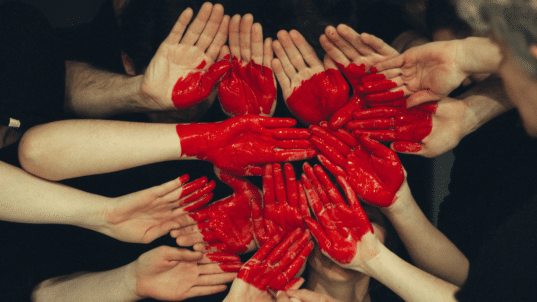
It was to be the model of equality in a corporate office. The architect for the new offices was charged with designing an office complex that was symbolic of the corporation’s equality initiative. The model that he presented was groundbreaking in its concept.
The design features included:
- The office complex was designed around circular pods. The park-like setting gave it a campus feel
- Every office contained the exact same square footage, from the CEO to the lowest level employee
- All offices were on the second level with parking below each office. No one had to walk more than 50 feet from their parking space to their office
- Everyone had access to a catalog to select furniture for their office
- There were no multiple-person offices
- Every office had windows overlooking the campus
- Office placement was in clusters. People were placed in offices based upon working relationships, not status
As the architect presented his design concepts to the senior leaders, they were accepted enthusiastically. It seemed that equality in design was being achieved. But then the CEO spoke up, “I want this office, as he pointed to the model.” The others were stunned and couldn’t imagine why the CEO wanted that particular office. Then the CEO added, “if you look at the model, this is the only office where others can’t look into it through the windows.”
Is it human nature to create inequalities? If so, why might that be the case? Is it an ego thing? Does it make us seem special? Or could it be more sinister? Are we saying to others, “you don’t deserve what I have?”
Is the quest for general equality doomed as individuals become more creative in the ways they can achieve inequality? We can attempt to legislate equality, but can we ever overcome the intimidation that is still prevalent where we feel like we don’t belong? Intimidation is just another way to practice inequality.
Just imagine what it will take to achieve true equality in our society. There are limits to how far legislation can go to establish equality if hearts aren’t changed. How might we make the quest for true equality a personal value to everyone (and can we)? The growth of inequality can weaken social cohesion and undermine the culture and practice of democracy. How might we grow a personal and societal commitment to equality as a fundamental part of creating a healthy democratic society?
* * *
“The worst form of inequality is to try to make useful things equal.” – Aristotle
This is part of our “Just Imagine” series of occasional posts, inviting you to join us in imagining positive possibilities for a citizen-centered democracy. The scenario above is a slightly fictionalized version of a real event.



